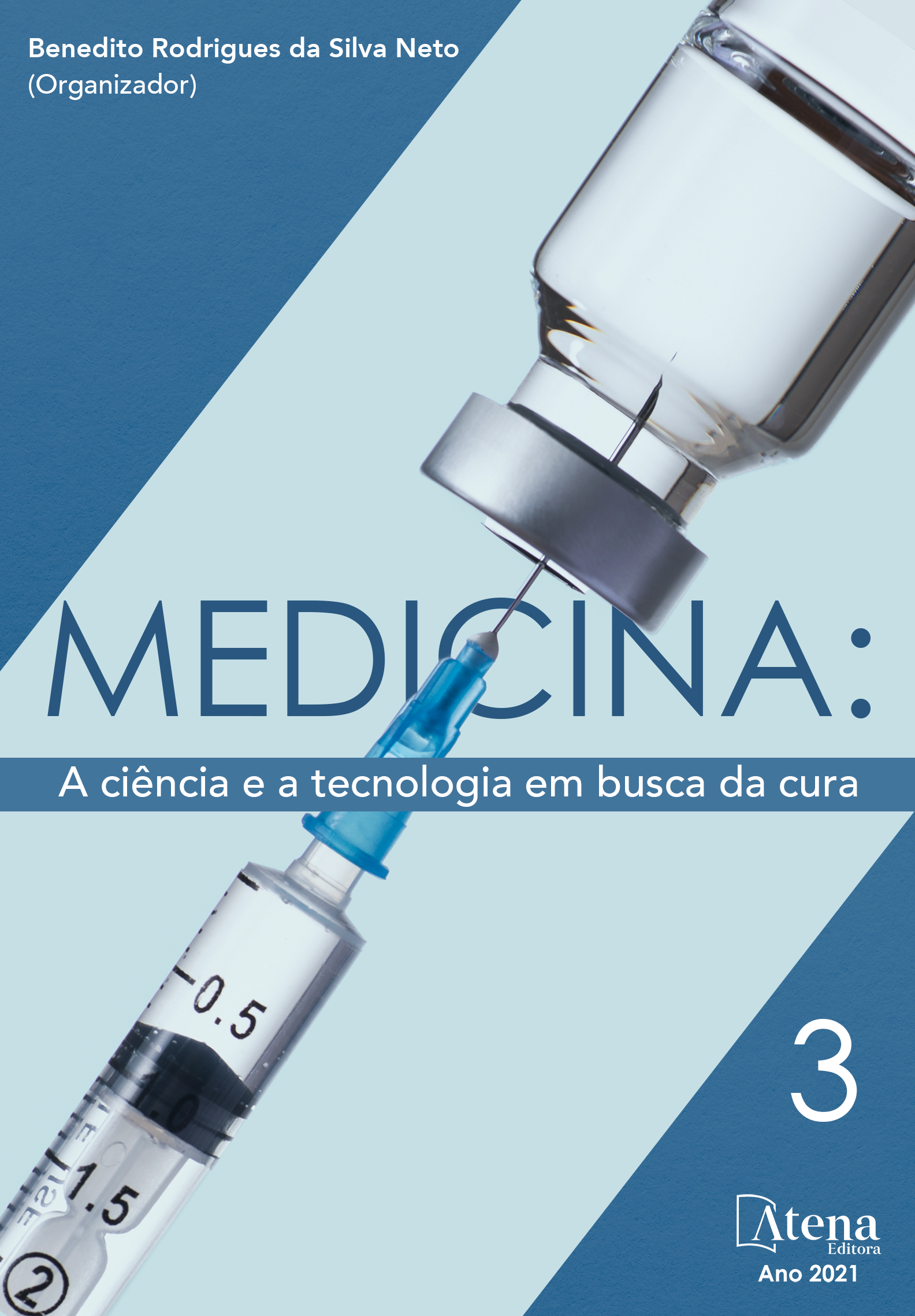
OS IMPACTOS DA PANDEMIA DE COVID-19 NA SAÚDE MENTAL DOS RESIDENTES DE GINECOLOGIA E OBSTETRÍCIA DO ESTADO DO CEARÁ
Cansaço físico e mental, medo de contrair a doença e os inúmeros óbitos presenciados diariamente são apenas alguns dos fatores que contribuem com o prejuízo na saúde mental do profissional de saúde na pandemia pela COVID-19, e trouxe para o residente de Ginecologia e Obstetrícia inúmeras incertezas diante de seu processo de ensino aprendizagem, visto que foi necessária uma realocação de serviços a fim de suprir a demanda dos pacientes com COVID-19. As contribuições desse estudo poderão fomentar estratégias de suporte à saúde mental dos médicos residentes. O objetivo do estudo foi avaliar os impactos na saúde mental na percepção dos residentes dos Programas de Residência Médica em Ginecologia e Obstetrícia do Estado do Ceará no contexto da pandemia por COVID-19. Materiais e Métodos: Estudo quantitativo transversal e descritivo, realizado em julho de 2020 mediante um questionário virtual, utilizando a plataforma GoogleForms, do qual participaram da amostra 74 residentes dos seis programas de residência em Ginecologia e Obstetrícia do estado do Ceará, que tiveram sua identidade preservada. Resultados: Aproximadamente metade dos residentes concordou que a pandemia tem prejudicado sua saúde mental. Não houve afastamento dos residentes em decorrência do prejuízo à saúde mental. Sobre a relação médico-paciente, cerca de dois terços dos residentes concordaram que houve prejuízo, e 36,5% dos residentes tiveram dificuldade em examinar pacientes por receio de se contaminar. Mais de 80% dos participantes afirmaram não ter recebido treinamento de habilidades de comunicação e 43,2% não recebeu treinamento satisfatório no atendimento às pacientes contaminadas. Conclusão: Os danos causados à saúde mental dos residentes devem ser avaliados de maneira longitudinal, e podem afetar o seu futuro profissional. O estudo contribuiu para alertar a comunidade científica sobre a necessidade de dar visibilidade e garantir melhor suporte emocional aos residentes no contexto da pandemia pelo COVID-19.
OS IMPACTOS DA PANDEMIA DE COVID-19 NA SAÚDE MENTAL DOS RESIDENTES DE GINECOLOGIA E OBSTETRÍCIA DO ESTADO DO CEARÁ
-
DOI: 10.22533/at.ed.96021201214
-
Palavras-chave: Internato e residência, Saúde mental, Unidade Hospitalar de Ginecologia e Obstetrícia.
-
Keywords: Obstetrics and Gynecology Department, mental health, Internship and Residency.
-
Abstract:
Physical and mental fatigue, fear of contracting the disease and numerous deaths witnessed daily are just some of the factors that contribute to the impairment of the mental health of health professionals in the pandemic by COVID-19, that brought to the resident of Gynecology and Obstetrics numerous uncertainties regarding their learning process since it was necessary a relocation of services to meet the demand of patients with COVID-19. The contributions of this study may promote mental health support strategies for residents of medical residency programs. The aim of this study was to evaluate the impacts on mental health of gynecology and obstetrics residents of the State of Ceará in the context of the pandemic by COVID-19. Materials and Methods: This is a cross-sectional and descriptive quantitative study, conducted in July 2020 through a virtual questionnaire, using the GoogleForms platform, in which 74 gynecology-obstetrics residents of the six residency programs of the state of Ceará participated in the sample, which had their identity preserved. Results: Approximately half of residents agreed that the pandemic has impaired their mental health. There was no removal of residents due to damage to mental health. Regarding the doctor-patient relationship, about two-thirds of the residents agreed that there was impairment due to the pandemic context and 36.5% of the residents had difficulty examining patients for fear of being contaminated. More than 80% of the participants stated that they had not received communication skills training and 43.2% did not receive satisfactory training in the care of infected patients. Conclusion: The psychological damage caused should be evaluated longitudinally, as they may affect the students' professional future. The study contributed to alert the scientific community about the need to give visibility and ensure better emotional support to residents in the context of the pandemic by COVID-19.
-
Número de páginas: 9
- Elaine Saraiva Feitosa
- Ester Saraiva Carvalho Feitosa
- Aline Veras Morais Brilhante
- Silvia de Melo Cunha
- Ana Maria Fontenelle Catrib
- MARIANA SOUZA OLIVEIRA


